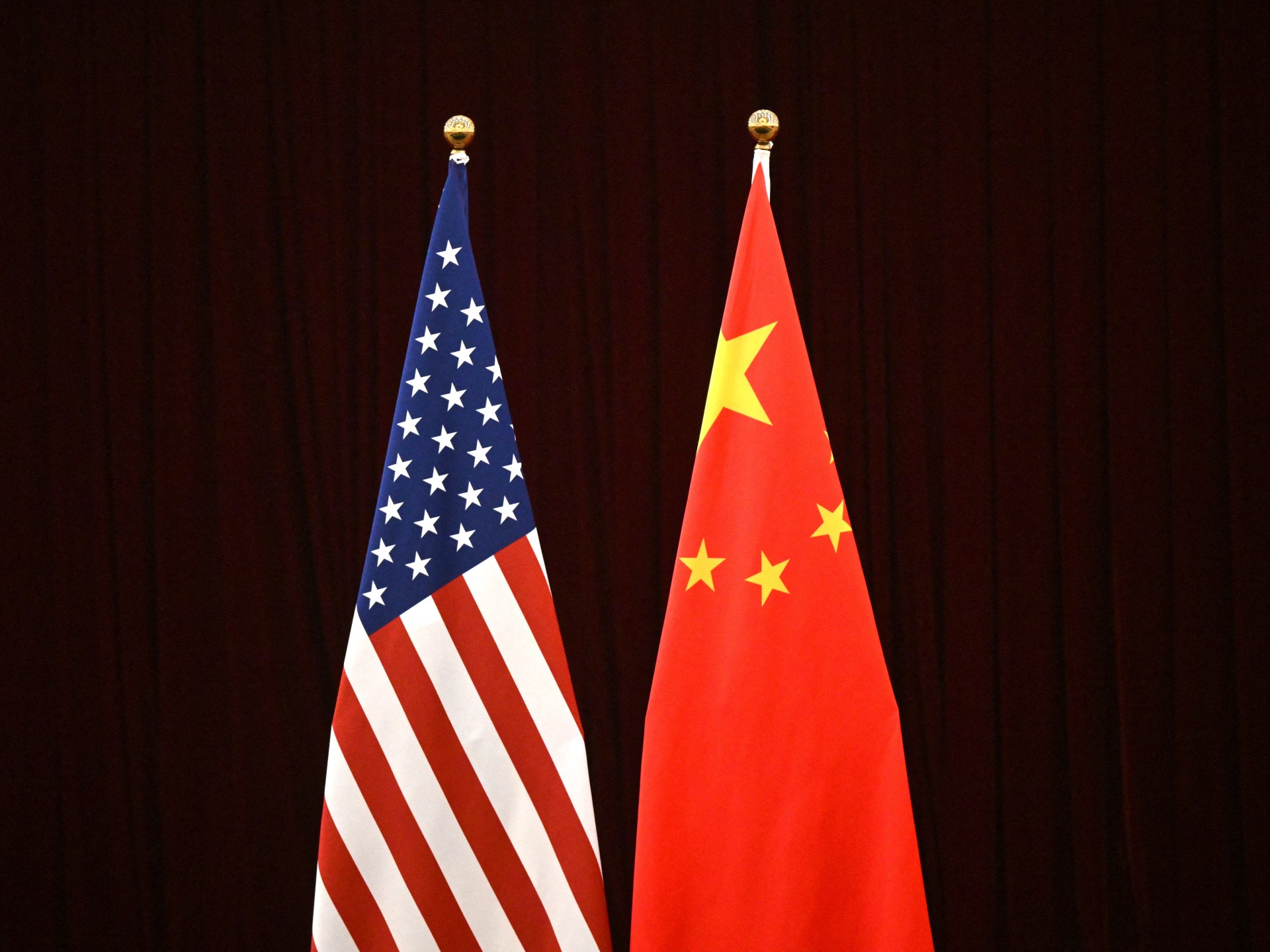US proposes restrictions for investments in Chinese tech, AI

Draft rule would prohibit US investors from funding AI systems in China that could be used for weapons targeting, other military uses.
The United States Department of the Treasury has fleshed out a proposed rule that would restrict and monitor US investments in China for artificial intelligence, computer chips and quantum computing.
The fleshed-out draft rule, issued on Friday, stems from President Joe Biden’s August executive order regarding the access that “countries of concern” have to American dollars to fund advanced technologies that could enhance those nations’ military, intelligence, surveillance and cyber-capabilities. The order identified China, Hong Kong and Macau as countries of concern.
The Biden administration has sought to stymie the development of technologies by China, the world’s second largest economy, that could give it a military edge or enable it to dominate emerging sectors such as electric vehicles (EVs).
In addition to the proposed rule, Biden, a Democrat, has also placed a stiff tariff on Chinese EVs, an issue with political implications as Biden and his Republican presidential opponent Donald Trump are both trying to show voters who can best stand up to China, a geopolitical rival and major trading partner.
The proposed rule outlines the required information that US citizens and permanent residents must provide when engaging in transactions in this area as well as what would be considered a violation of the restrictions.
It specifically would prohibit American investors from funding AI systems in China that could be used for weapons targeting, combat and location tracking, among other military applications, according to a senior Treasury official who previewed the rule for reporters on the condition of anonymity.
The US Treasury is seeking comment on the proposal through August 4 and after that is expected to issue a final rule.
Biden administration officials, including Treasury Secretary Janet Yellen, have insisted they have no interest in “decoupling” from China – however, tensions between the two nations have increased in recent years.
After the US military in February 2023 shot down a suspected Chinese spy balloon off the US East Coast after it traversed sensitive military sites across North America, China threatened repercussions.
Since then, incidents between the two nations based on national security concerns have regularly occurred.
For instance, Biden in May issued an order blocking a Chinese-backed cryptocurrency mining firm from owning land near a Wyoming nuclear missile base, calling its proximity to the base a “national security risk”.
Related
QUBF launches ‘Qatar-Ukraine Tech and Innovation Committee’
Dr Olga Revina, chairperson of QUBF, and Sheikh Mansoor bin Khalifa al-Thani, fou
Initiative to support digital innovation in Qatar launched
Assistant Undersecretary for Digital Industry Affairs at MCIT Reem Al Mansoori, and General Manager of Microsoft Qatar Lana Khalaf exchanging documents after s
MCIT, Microsoft Sign Partnership Initiative to Support Digital Innovation and…
As part of its efforts to enhance digital innovation and support the growth of startups in the country, the Ministry of Communications and Information Technolog
IIA Qatar hosts session on tech-driven transformation in internal audit
Officials pose during the seminar hosted by Institute of Internal Auditor Qatar Chapter. Doha, Qatar: The Institute of Internal Auditor Qatar Chapter r












